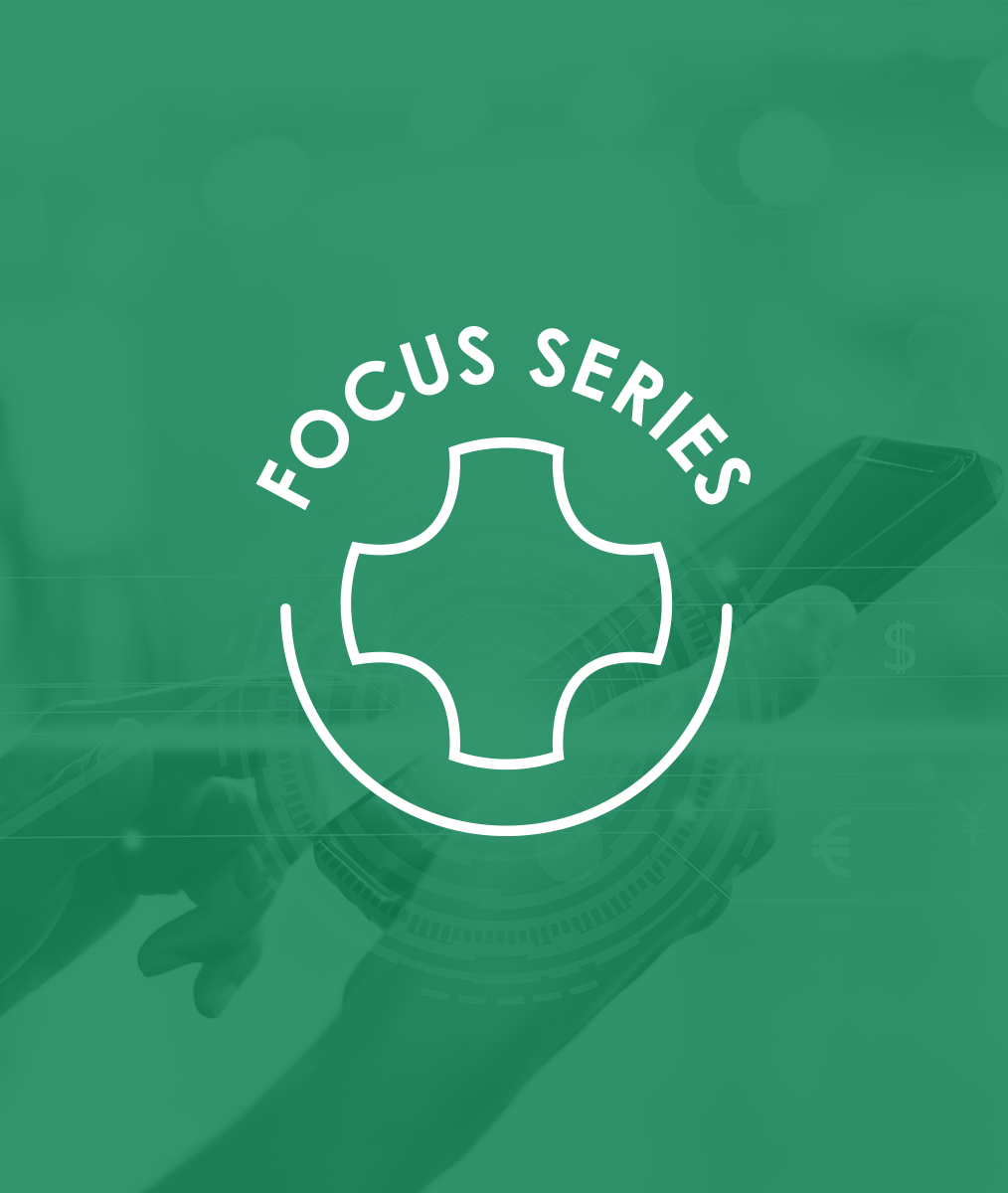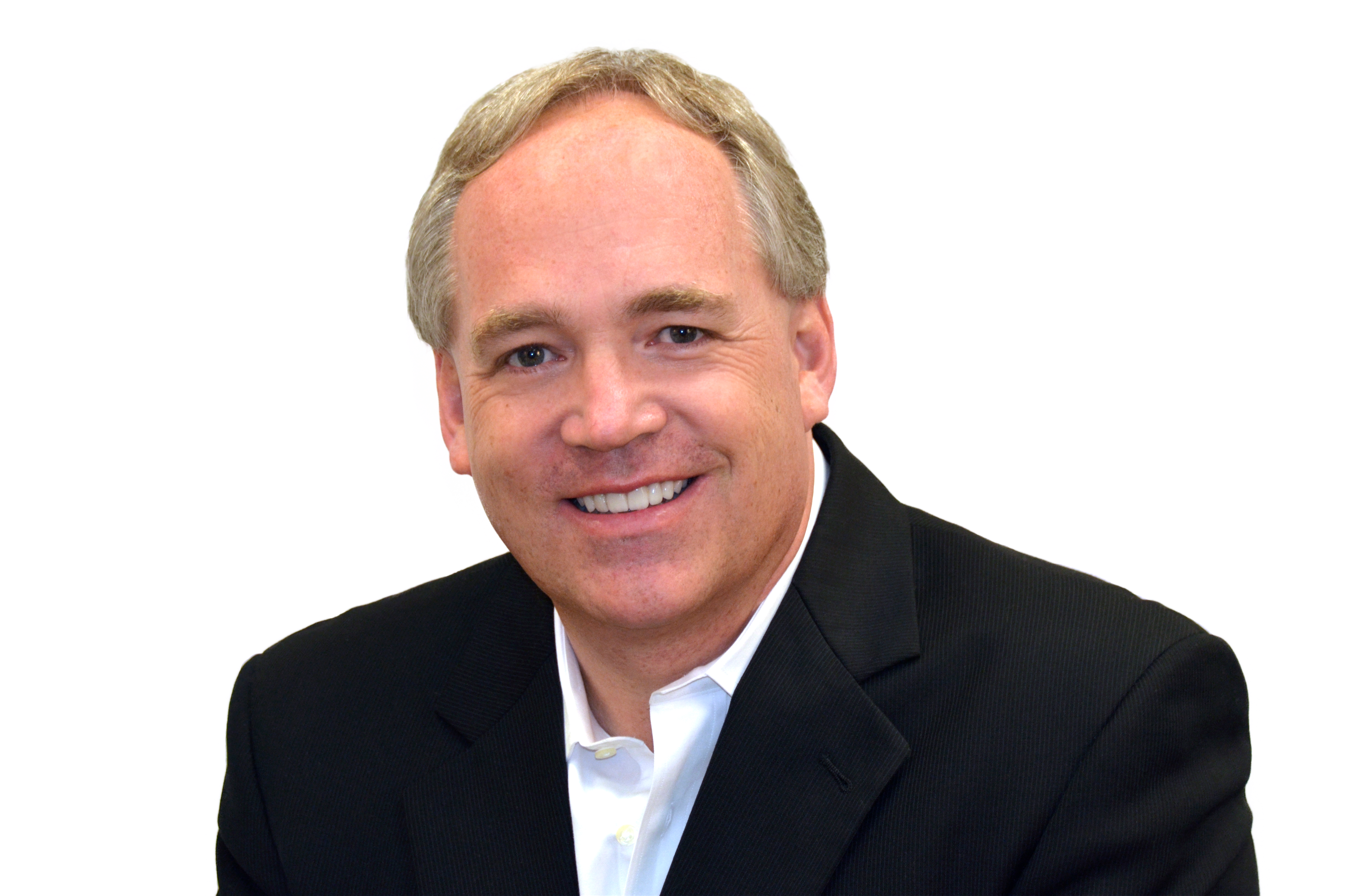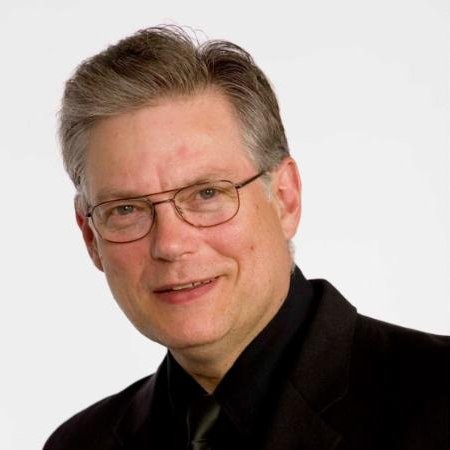Advice for Young Dentists Part 3: Be Open to Change
By John C. Cranham, DDS
Pete Dawson and I talked about this often. No matter how many years in practice, dentists never have everything figured out. The things that you are doing now are not going to be right forever.
My advice to young dentists is to be open to new processes and new materials even if you have a predictable way of doing things now. Learning and adapting makes dentistry incredibly fun. Even in my 60’s I am always learning something new—like the digital 3D world of dentistry. I haven’t been this excited about dentistry ever.
Starting out as a new dentist wasn’t easy for me. I wanted to be known for something in my community. I wanted to be known as the dentist who solved problems that other dentists couldn’t. The first thing I needed was courage to put myself out there and do whatever I needed to do.
The second thing I needed was training, mentoring, and experience. I went to The Pankey Institute and Dawson Academy. I took all their courses. I took a veneer class with Bill Dickerson back in the day. I listened to Ross Nash and Larry Rosenbaum. At the turn of the millennium, I was trying to take the traditional occlusal information and blend it with the hottest cosmetic information at the time. (Those concepts were diametrically opposed back then. It was blasphemy to put them together.) I prevailed and became better at solving functional problems and improving aesthetics at the same time. Today, dentists do this all the time.
I and all my colleagues coming up over the last 30 years have had to be open to change. We’ve had to try new things and work at mastering them. I don’t think I am doing anything today in the same way I was trained in dental school.
My message in this blog is that it’s important to evolve as a dentist to stay enthusiastic about what you do and to provide the best care you can. It’s common for maturing dentists to let go of certain procedures and focus on what they enjoy most and develop specific expertise in niche services. It’s also common for other maturing dentists to continue enjoying general dentistry half of their time and focusing on complex cases the other half.
Enjoy the relationships you build and take pride in improving your restorative work as you need to redo it. Patients are wowed by what you can do now and how you do it compared to how you did it years ago. They love learning about the advances in dentistry that benefit them.
The relational part of practice will always be rewarding. Being able to choose what you do and who you do it with will always be wonderful. Passion for what you do is fueled by learning, so keep setting goals to learn something new and be open to that learning changing you.
Related Course
Creating Financial Freedom
DATE: March 6 2025 @ 8:00 am - March 8 2025 @ 2:00 pmLocation: The Pankey Institute
CE HOURS: 16
Dentist Tuition: $ 2795
Single Occupancy with Ensuite Private Bath (per night): $ 345
Achieving Financial Freedom is Within Your Reach! Would you like to have less fear, confusion and/or frustration around any aspect of working with money in your life, work, or when…
Learn More>











